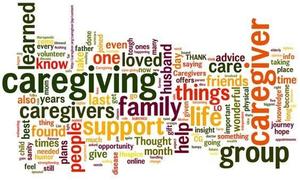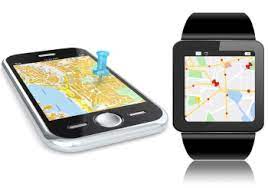Older adults can save tens of thousands of dollars annually by choosing assisted living communities over aging in place in their homes.
Unlike point solutions, Inspiren unifies resident safety, care planning, staffing, and emergency response into a single AI-powered platform.
An artificial intelligence-powered virtual assistant platform for senior living and care providers.

 You may know someone of Medicare age with a phone? Since age data is widely available, and even
You may know someone of Medicare age with a phone? Since age data is widely available, and even  It's news -- 600 nursing homes closed so what’s the strategy to fix? Rant on. You may have read a
It's news -- 600 nursing homes closed so what’s the strategy to fix? Rant on. You may have read a  You may not have noticed much about the death of landlines.
You may not have noticed much about the death of landlines.  Taking stock of the tech market for older adults – what’s happened? Past the halfway mark in 2023, it’s increasingly clear that the older adult tech market has been disrupted by changes in demand. Its increasingly transformed by new technologies emerging from new funding sources, tech disruption, and entrepreneurial initiatives. Some might say that tech adoption is still slow in some sectors, but it is not for lack of widespread funding sources and innovator motivation. What is the context for technology change in 2023?
Taking stock of the tech market for older adults – what’s happened? Past the halfway mark in 2023, it’s increasingly clear that the older adult tech market has been disrupted by changes in demand. Its increasingly transformed by new technologies emerging from new funding sources, tech disruption, and entrepreneurial initiatives. Some might say that tech adoption is still slow in some sectors, but it is not for lack of widespread funding sources and innovator motivation. What is the context for technology change in 2023? And in other news, CMS really wants older adults with dementia to remain in their homes. The government agency seems to have given up on improving the quality or affordability of dementia care in senior living or nursing homes. The new
And in other news, CMS really wants older adults with dementia to remain in their homes. The government agency seems to have given up on improving the quality or affordability of dementia care in senior living or nursing homes. The new  New progress for dementia care.
New progress for dementia care.